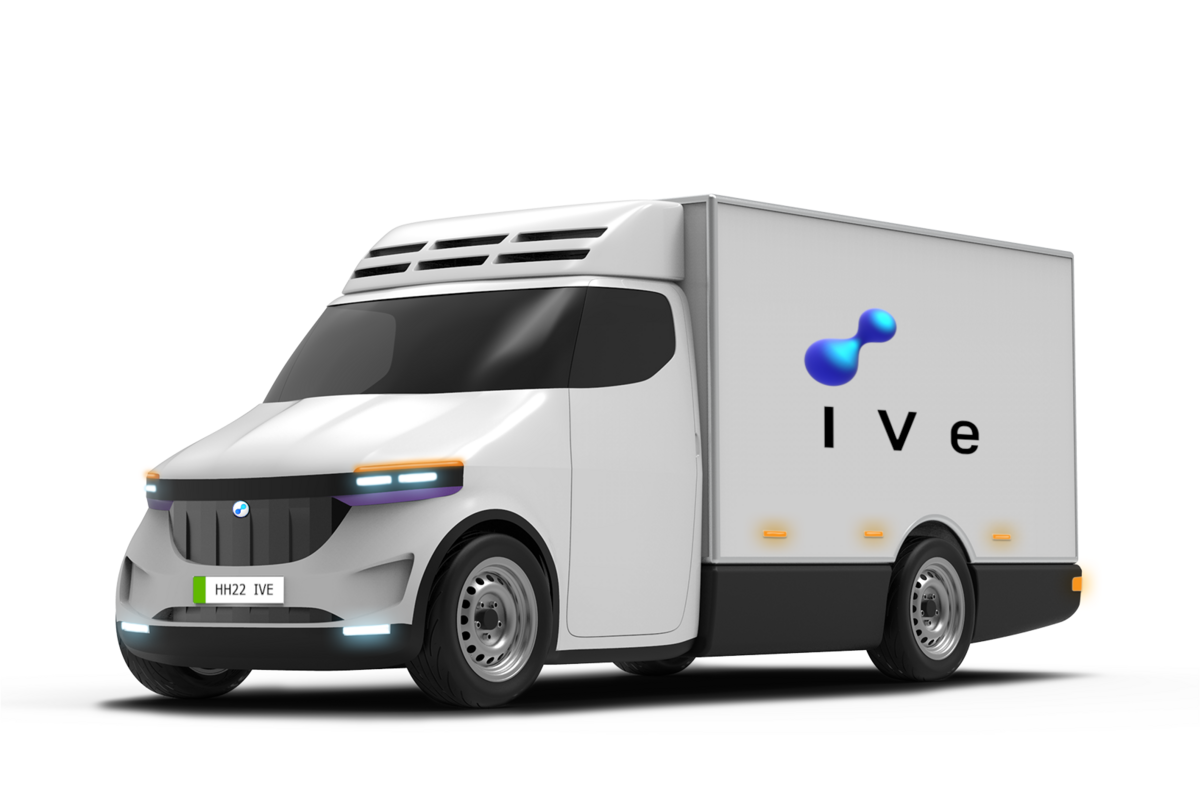A British firm is developing a sustainable, hydrogen-powered van that can be completely recycled yet retains a long range and a high payload capacity.
The new light commercial vehicle, named the Indigo, has been developed by MIRA-based Innervated Vehicle Engineering (Ive) with a modular hydrogen fuel cell electric drivetrain.
Ive claims it's capable of up to 372 miles of range with a 1500kg payload.
The company suggests the Indigo is a more sustainable proposition for fleet teams and drivers.
Hemp has been used in the construction of its body panels and its non-metallic chassis doesn't require high-energy processes to develop.
“[The] Indigo uses a clean and modular hydrogen fuel cell propulsion drivetrain, organic and non-metallic structural materials, optimised 3D space utilisation, low energy micro-manufacturing techniques and advanced connectivity to revolutionise the productivity of the vehicle,” Ive said.
Ive claims the Indigo has a 15-year lifecycle and that this is 128% longer than for most diesel vans.
Larger vehicle operators will benefit from a retrofitting scheme if they have significant residual value in their diesel vehicle fleets.
Ive also says the Indigo's set-up has been optimised for driver safety and manoeuvrability, with a central driving position for improved all-round visibility.
The wellbeing of professional drivers is also a focus; the rear of the van has a low, flat floor with room for an optional rest pod.
A set of cameras replaces wing mirrors, while security is bolstered with all-round keyless entry to stop would-be thieves damaging locks.
The Indigo has gained the support of the Innovate UK scheme, which provides funding to organisations to create new technologies, products and services.
Pre-series trial orders are expected to take place in September 2023, before the first models arrive in early 2024.




Join the debate
Add your comment
I'm slightly confused by all these start up van producers, when surely the big manufacturers will be able to trump them with their own battery and hydrogen powered vehicles, having all the existing economies of scale and production experience
Has to be a good thing, looking forward to quieter streets one day without the regular delivery vans doing 4k revs in 1st gear on their drop offs
Auto car however much the hydrogen council are paying you to run these stories It's not enough. They've just a drawing, come back to us in 5 years